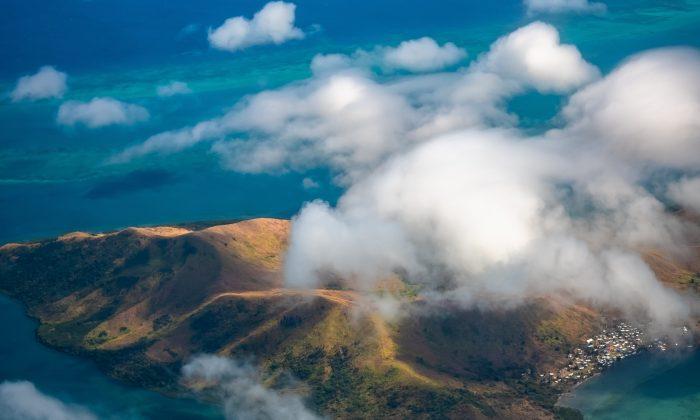Fiji’s Lands and Mineral Resources Ministry has issued two special prospecting licenses to Chinese mining company Ding Jing Mining Pty Ltd more than a year after local residents raised objections to the move.
It comes amid concerns of Beijing’s ongoing influence in the Pacific following Chinese Foreign Minister Wang Yi’s tour of eight Pacific nations.
“The Vuda and Rakiraki mineral prospects are both attractive and underexplored, which is an incentive in itself for Ding Jing Mining to progress historical exploration work that has been undertaken on both prospects,” according to the media statement.
Potential Gold Mine
Vuda, located about 10 kilometres from Lautoka in Fiji’s western region, was first explored prior to the World War II—intermittent mining activity took place between 1938 to 1954 where 22.6kg of gold and 5.5kg of silver was produced.Rakiraki was first explored in the 1930s and continued to be actively explored from the 1980s until 2018 when the tenement holder surrendered its license.
Fijian Minister Jone Usamate congratulated the Chinese firm for acquiring the license and successfully completing the Mineral Resources Department’s “rigorous” application process.
Local Concerns
In March 2021, more than 40 residents in Rakiraki village attended a public consultation meeting held by the island’s mineral resources ministry where they voiced concerns over the granting of the prospecting licence to Ding Jing, reported the Fiji Sun.There, Noa Tuiloma, the ministry’s spokesperson revealed that no other companies had a mining licence to operate within the boundaries of Ra province.
Villagers were also reported to welcome the development but preferred a local company. At the same time, they were cognisant of the need for another source of economic development in the region after the closure of the Penang Sugar Mill.
“Ding Jing has only applied for prospecting which would involve geological mapping, soil sampling and surveys. Most of this is done above ground, if granted the licence,” said Raymond Mohammed, director of the ministry of mineral resources.
“If they then wish to go further, they have to apply for an exploration licence.”
“This then goes a bit deeper, but landowners need to understand nothing will be done without their permission. Environmental impact assessments and rehabilitation costs will have to be considered with their budget.”
Mohammed also said he received two letters from villagers in Ra objecting to the project.
Chinese Mining in the Pacific
A trade data analysis by The Guardian revealed that in 2019, China was the recipient of over half the total tonnage of seafood, wood, and mineral exports from the Pacific region—worth $3.3 billion.Shane Macleod, a research fellow at the Lowy Institute, said that China’s proximity to the region helped it become the dominant customer.
“They just have the appetite. They have the need for natural resources and they’re looking for sources and the Pacific is geographically close. It has the added benefit that the supply lines are shorter,” Macleod told The Guardian.
“So you can look at the Ramu nickel mine in Papua New Guinea (PNG). That is providing raw material for China in the region, directly, without having to be transported from the other side of the planet.”






Friends Read Free